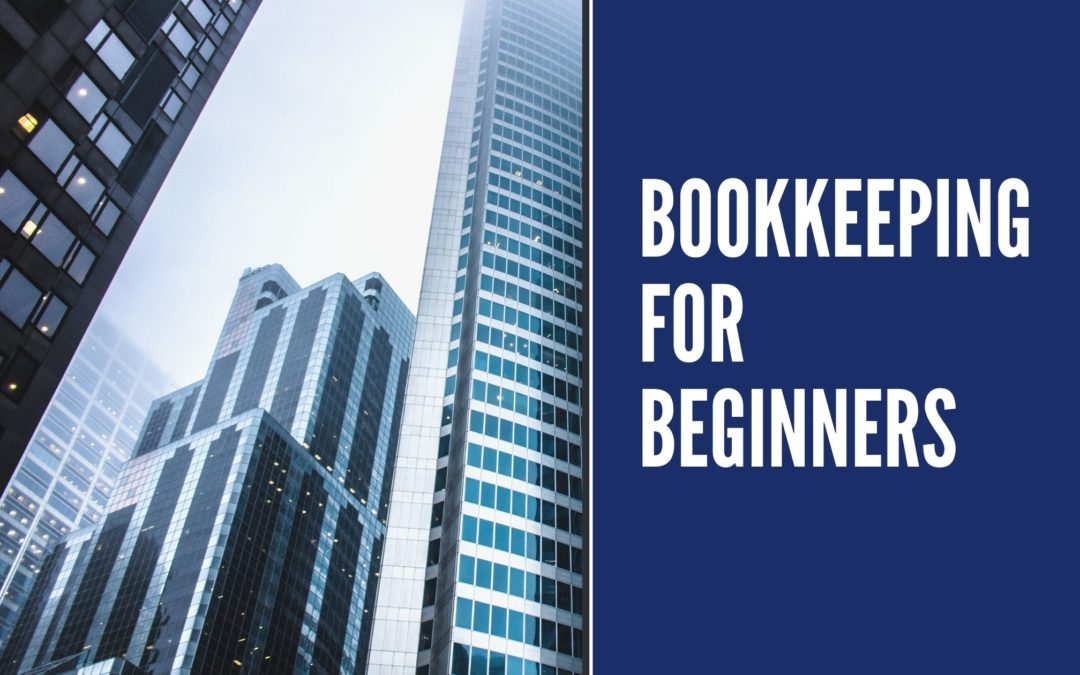Bookkeeping refers to the procedure of recording every financial transaction in a business. Bookkeepers are tasked with classifying, recording, and organizing all financial transactions in every business operation. Bookkeeping varies from accounting because the latter uses bookkeepers’ records in preparing accounting statements at the end of the year. Small businesses can use simple bookkeeping systems to record every financial transaction similarly to checkbooks. However, businesses with complex financial operations can use double-entry accounting to keep their records. Let’s get down to understand more about basic bookkeeping ideas, for starters.
Deciding the Best Bookkeeping for Your Business
The first decision is to settle for the most efficient bookkeeping system for your business. You can choose either an accrual accounting system or cash. For people operating a small proprietorship business, it can be easier to use cash accounting. Transactions must be recorded immediately after the cash changes hands. On the other hand, accrual accounting requires you to record sales or purchases immediately regardless of whether cash changes hands immediately or later. As your business grows, you may require to shift from cash accounting to an accrual accounting system.
Acquisition Of Equity, Assets, and Liability Skills
You must have an understanding of fundamental business accounts for efficient bookkeeping. Equity, assets, and liabilities make up the firm’s balance sheet. Assets refer to what the firm owns, including account receivables, inventory, equipment, land, and plant. Liabilities refer to what a firm owes other parties, including mortgages, business and bank loans, and other debts. Equity is what the business owner and other investors have invested in this company.
Elaborate Understanding of Bookkeeping and Income Statements
Income statements are developed using costs, expenses, and revenue. Bookkeeping will require you to record every financial transaction in an accounting journal under one of the three categories. Revenue refers to every income obtained from the sale of products and services. Cost is all the amount spent by a business in manufacturing or buying goods and services. Lastly, expenses refer to the money spent in running the organization and are not particularly associated with products sold or services offered.
In conclusion, bookkeeping beginners must track all firm’s financial transactions. They must also review, analyze, report, and interpret the financial information of the company. It is also important to note that you will record transactions only when cash changes hands in cash accounting. Still, if you are using accrual accounting, you must record sales and purchases immediately, even if cash does not change hands at the moment.
